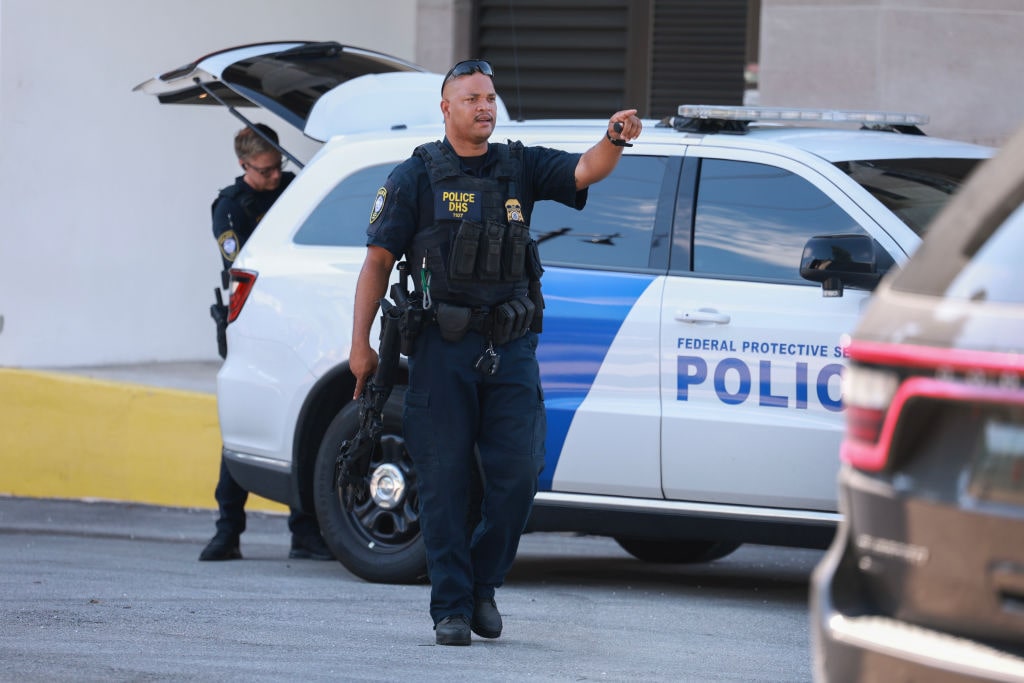



Ryan Routh, the man who, on Sept. 15, lay in wait for former President Donald Trump (as he played golf) and intended to shoot him, is currently sitting in prison awaiting trial. Reportedly, Routh had been indicted on four firearms-related charges. However, the grand jury indictment, filed on Tuesday, Sept. 24, lists five criminal counts, the first of which is “Attempted Assassination of a Major Presidential Candidate.”
The four other counts listed in the indictment are possessing a firearm in furtherance of a crime of violence, assaulting a federal officer, felon in possession of a firearm and ammunition, and possession of a firearm with an obliterated serial number.
On Sept. 23, while discussing the attempted assassination on his podcast, “The Dershow,” renowned legal scholar Alan Dershowitz expressed doubts that federal prosecutors would be able to charge Routh with attempted assassination. After clarifying that “The guy obviously wanted to kill the president and he took actions to kill the president,” Dershowitz explained his legal reasoning for his doubt about the attempted assassination charge. “The criminal law distinguishes between preparation and attempt,” he explained. “Now, there’s no question – he prepared to kill the president. He did everything he could to do it, he got the gun, he got the ammunition, he got the scope … he sat in the bushes.”
The Harvard Law professor then segued to the first attempted assassination of the former president to point out the criminal law difference between the two cases: “[A]nd, of course, again, to make this clear, the first guy who tried to kill the president – who was killed – there was clearly an attempt. He fired a gun. He aimed at the president, fired at him, and hit him in the ear. The clearest possible case of attempted murder.”
The professor went on to observe that Routh did not get Mr. Trump in his line of sight, nor did he fire a shot. And that’s why he believes the attempted assassination charge is less than ironclad (not Dershowitz’s words). He concluded that it would be up to the court to decide whether all the preparation Routh put into the attempt, including getting into position, putting the barrel of his rifle through a chain link fence, and aiming at a spot where he expected the former president to be, “is enough to turn it from preparation to attempt.” Dershowitz contends, “[T]he law is just unclear on that.”
If the professor is right in his analysis of the legal nuance, and Routh is acquitted of attempted assassination, the former and possibly next president, his allies, and his supporters will probably be greatly angered – no matter the reasoning for the acquittal. But if even a legal expert such as Alan Dershowitz is uncertain of the outcome, it’s all speculation, at this point – and fodder for other legal minds to chew on.
